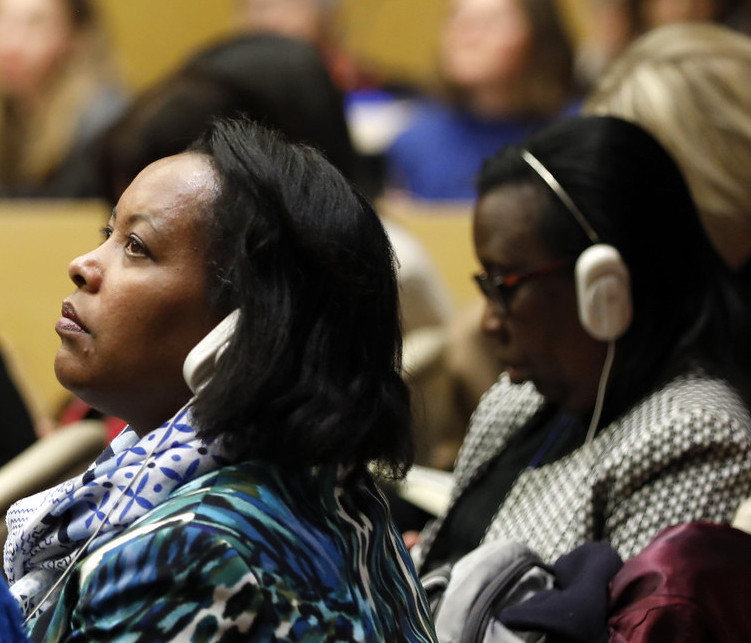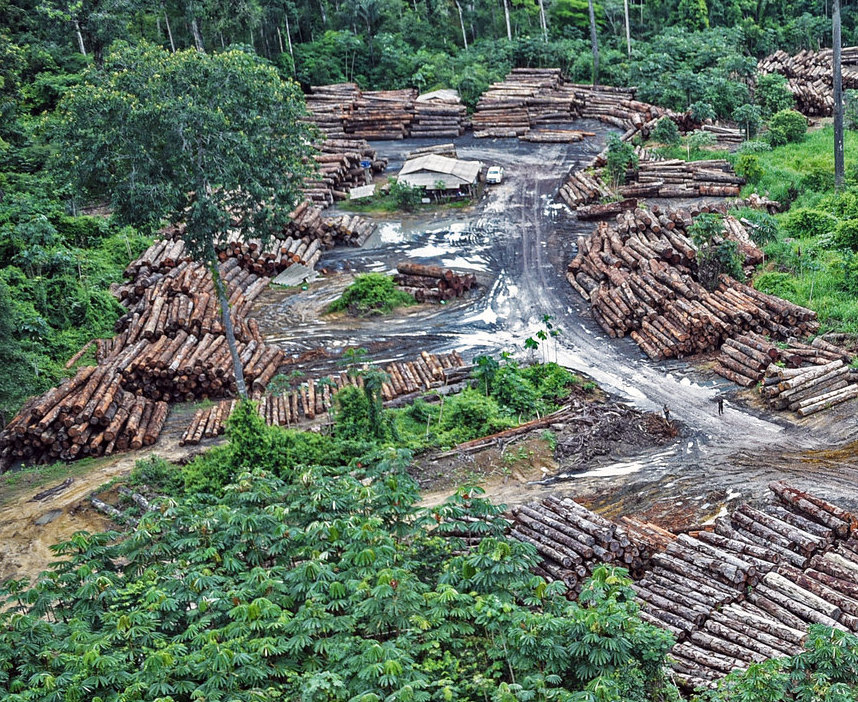Beth Kreling reflects on the infodemic of 2020 and the role of evidence and of evidence producers in shaping the pandemic response.
This is the seventh blog in the 12 Days of Global Health series.
The protagonists in the Christmas story are persuaded to congregate in Bethlehem by a wide range of evidence sources, from guiding stars to hosts of tuneful angels. 2020 has been a bit short on angelic hosts (blame social distancing) but not on brightly shining evidence sources. The role of evidence and of evidence producers in shaping the pandemic response has become a hotly debated topic globally. As evidence producers ourselves, this offers pause for thought for global health research communities like our own, on our role and practice.
I spent some of 2020 commissioning and managing the LSE Social Policy Pioneers biography series. Brian Abel-Smith, the influential LSE academic who helped shape today’s social welfare systems, broke contemporary norms by working across academia and policy. It took protracted negotiations in the 1960s for LSE to release him to become one of Labour’s (at that stage rare) special advisors (“spads”). Alongside his stellar academic career, he went on to advise multiple governments globally and contributed to the WHO’s Alma-Ata Declaration of 1978. But Abel-Smith’s explicit focus on translating research into something useful to, and usable by, policy communities was, in its time, controversial. Even just twenty years ago, the fledgling LSE Health met resistance when it followed Abel-Smith’s lead, bringing in European Union funding and producing an increasing body of international comparative work on health systems. Today, LSE Health is explicitly committed to bridging the research-policy divide; the European Observatory on Health Systems and Policies that LSE helped give birth to is cited as a blueprint for evidence to policy work, and demonstrable research impact is at the top of individual and institutional agendas nationally courtesy of the Research Excellence Framework (REF). As 2020’s (socially distanced) evidence debates rage, it is intriguing to recognise how recent that shift to an accepted research-policy relationship has been within an LSE space.
Today, LSE Health is explicitly committed to bridging the research-policy divide; the European Observatory on Health Systems and Policies that LSE helped give birth to is cited as a blueprint for evidence to policy work, and demonstrable research impact is at the top of individual and institutional agendas nationally courtesy of the Research Excellence Framework (REF).
Aside from coming up with increasingly ingenious ways to avoid home schooling and barricade my home office space from my invading offspring, most of my 2020 has been focussed on working with national, regional and global partners to set up a WHO-led regional knowledge exchange platform: the African Health Observatory Platform on Health Systems and Policies (AHOP). The platform was launched last month to facilitate the generation and exchange of knowledge and evidence for health systems and policy development in the African region. It joins a global network of regional health observatories, including the European Observatory, an AHOP partner. It has been difficult to launch a venture like this in the current climate without wondering with some shepherdly trepidation whether 2020’s spotlight on evidence could or should challenge the role it might play. What use is yet another broker of shiny, starry evidence amidst the angelic hosts of information sources swirling within easy reach of policy makers? Is there not already sufficient data analysis flowing from academia’s most hallowed halls to enable today’s Herods and Pontius Pilates to “follow the science” and make informed policy decisions?
For me, 2020’s evidence focus has only underscored the value of knowledge brokering platforms like AHOP – particularly those underpinned by broader social science traditions. For three reasons: firstly, 2020’s so called “infodemic” has highlighted the importance of reliability, selectivity and accessibility for time poor evidence users, overwhelmed by the avalanche of available insights. Observatory models like AHOP’s serve a basic function of providing a single, reliable point of entry to a wide range of internationally comparable, accessibly formatted analysis, drawing on robust data sources and produced via a transparent, rigorous research process.
2020’s so called ‘infodemic’ has highlighted the importance of reliability, selectivity, and accessibility for time poor evidence users, overwhelmed by the avalanche of available insights
Secondly, whilst science has inevitably been front and centre of the pandemic, the real reminder has been of the interconnectedness of human health and the need for a cross sectoral, holistic human development approach. Justin Parkhurst kicked off this GHI Christmas blog series by challenging us to think more about the “good governance of evidence” and the role of democratic deliberation in so called evidence-based decision making. Interdisciplinary platforms can facilitate the application of the full breadth of a social science lens to health issues.
Finally, the importance of learning from peers internationally. The pandemic has challenged entrenched North-South knowledge flows as low- and middle-income countries (LMICs) with previous pandemic experience, have offered lessons to high-income countries (HICs) with supposedly high scores in health security preparedness. Regional and global platforms able to facilitate cross-country exchange – both in academic and policy circles – and to produce research which enables comparative learning between countries and regions are more important than ever.
This is not to say that the role of knowledge brokering platforms is universally positive and unproblematic – particularly as the research-policy relationship continues to evolve beyond Abel-Smith’s present and our own. As researchers we have to remain acutely aware of the consequences – positive and negative – of institutionalising knowledge sharing; of the responsibilities of curating evidence sources and of communicating that evidence. But the lessons in evidence use that 2020 has generated suggest to me that grappling with those problems and honing knowledge exchange models and networks will have increased relevance and urgency in 2021. I will close the stable door on 2020 with huge relief, but there is a (socially distanced) star shining brightly in the east for 2021.
The views expressed in this post are those of the author(s) and in no way reflect those of the Global Health at LSE Blog or the London School of Economics and Political Science.
Photo by Dewang Gupta on Unsplash





